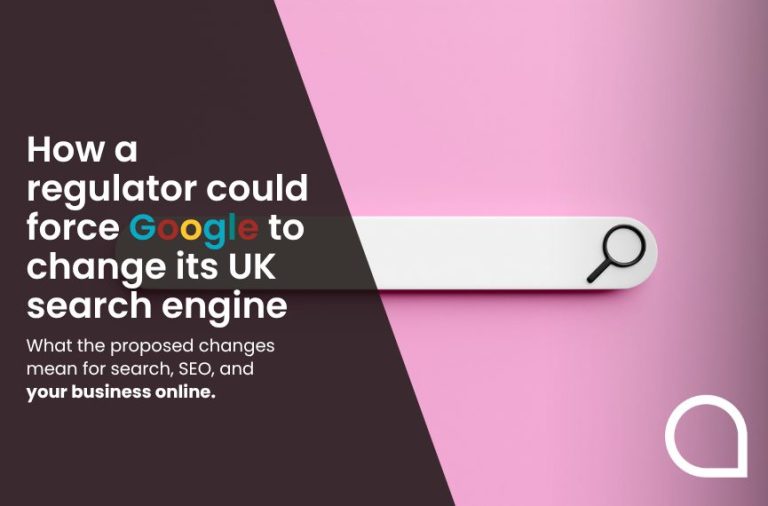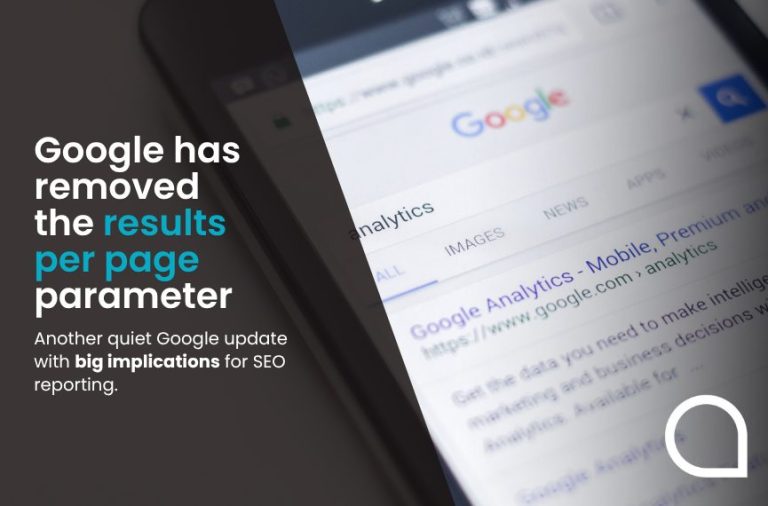
Digital PR: What is it, and why is it important for business?
Digital public relations (better known as just digital PR) is quickly becoming an essential instrument in the modern marketers’ toolkit. As Google’s algorithms evolve and
Around the world, Governments of all types have been trying to come to terms with the rapid rise of Big Tech firms. The quintet of Apple, Amazon, Facebook, Google and lately, Netflix, have come under scrutiny for their apparent lack of accountability. They seem to act with impunity in every market they enter and dominate their chosen space, often to the detriment of their competitors.
To-date, however, the regulatory response has been limited, primarily because the arguments being made by lawyers in an attempt to hamstring these companies, don’t actually stand up to legal scrutiny.
Having failed to bring them to book for supposed infractions, the back-up plan has been to impose some sort of high-level tax, deliberately created to single these companies out in the jurisdictions in which they operate.
Some argue that they bought this on themselves; after all, I wrote a blog about this back in 2014 where I struggled to get my head around the fact that my business had paid a larger UK Corporation tax bill that year than Facebook. Whilst I scratched to find the money to pay the Government, Facebook offshored their millions through an Irish operation and effectively sidestepped the UK tax authorities. That year, Facebook only paid £4,237 in UK Corporation Tax! This type of behaviour is what convinced Governments and regulators to finally act and sure enough, around the world tax levies have started to be imposed.
The idea has been, all along, to hit them where it hurts; in the pocket. If they choose to offshore revenues, they won’t get away with a domestic levy on their operations. Except they will.
Take for example, the latest email we have received from Google.
Austria, as an example, adopted a DST (Digital Sales Tax) that imposes a 5% tax on gross revenues from digital advertising services provided in that country. The DST applies only to companies with annual global revenues of €750 million or more, and annual revenues from digital advertising services in Austria of €25 million or more. In short, the big tech companies.
The idea was that they would teach them a lesson for profiteering, offshoring revenues and generally evading tax, by imposing a levy on domestic advertising transactions that they could not avoid. Unfortunately, it has failed. The tech companies are simply doing what many predicted they would do and are passing the tax directly onto their customers. This means that businesses throughout the world are now shouldering the burden of a tax regime which was originally intended to help them.
What started out as a crusade to bring the Tech firms to heel has turned into a raid on the finances of every small business in each of these jurisdictions. Clearly, this approach has failed, and the tech firms are no nearer paying any more of their profits in tax than they were before.
What went wrong? How did such well-meaning intervention from Governments become yet another tax on their citizens, bouncing off the seemingly Teflon shoulders of the Tech giants they were supposed to hit? How can this be right?
Given this latest move from Google, and no doubt a similar one to follow from all the others once they see that this route is available, what’s the next move?
Perhaps it’s time for Governments to seriously consider whether they are ever going to be able to control these companies and look for better, more sustainable solutions, rather than further taxing those of us who already pay all our taxes.

Digital public relations (better known as just digital PR) is quickly becoming an essential instrument in the modern marketers’ toolkit. As Google’s algorithms evolve and

There’s something about machine-written content that just doesn’t sit right with us. And it’s not just the written word either. Take Coca Cola’s latest Christmas

The way people find information online is evolving, and quickly. Artificial intelligence (AI), whether that’s applied generatively through tools like ChatGPT or in response to

On October 10 2025, the UK’s Competition and Markets Authority (CMA) announced that Google had been granted strategic market status (SMS) in search services. Why

Have you noticed a drop in the amount of traffic your website has received over the past couple of weeks? Rest assured, you’re not alone.

We’ve heard it time and time again; Artificial Intelligence (AI) is reshaping the digital landscape. From Google’s AI Overviews and AI Mode to new AI